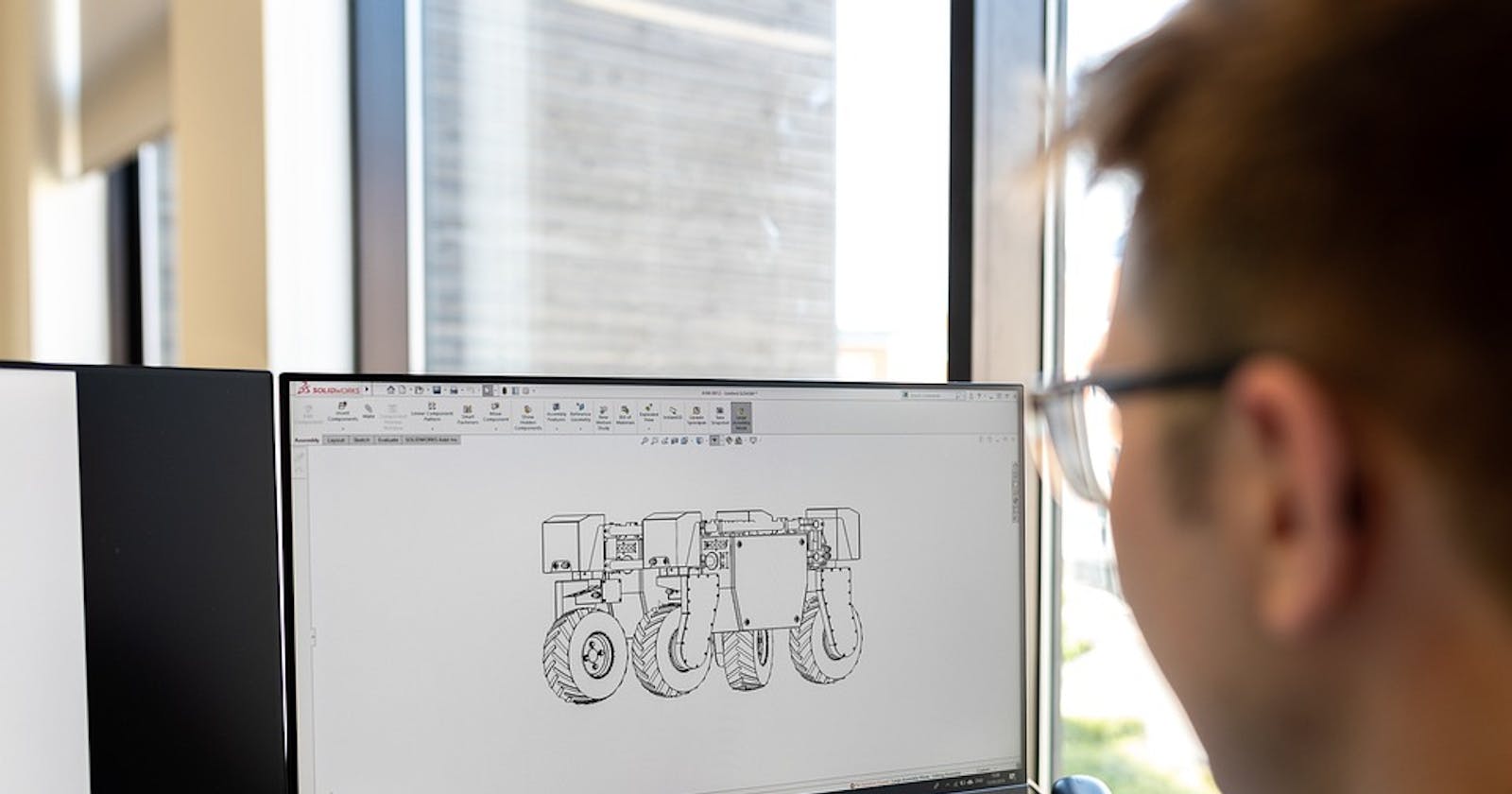The Ideal Startup Developer
Considering working at a startup as a developer? Here are some of the characteristics most startups look for in a developer (beyond purely technical )
Are you a software developer currently in the job market? If you're considering becoming a developer in a startup, there are a few things you should keep in mind. Startups are generally all about being nimble, scrappy, and able to pivot on a dime. That means being willing to try new things, learn quickly, and work long hours without complaining (too much). So if you're ready to embrace the chaos and dive headfirst into the world of startup development, buckle up and let's go!
Within our team, we have a rather straightforward process for hiring engineers. During the interviews and technical challenges, we are looking to assess if the candidates have the necessary technical skills based on the role. While this part is important, we also spend a lot of time and effort trying to understand if the candidate has the right soft skills and mindset that can make them thrive in a startup setting.
Below are some of the characteristics most startups look for (beyond purely technical):
Flexibility and cross functionality:
Developers in startups should be adaptable and open to change. They must be willing to wear multiple hats, take on different responsibilities, and be willing to try out different (and many times new) stuff. Sounds easy? It's definitely not. Being able to wear multiple hats and at the same time keep the focus on the right stuff can be rather complicated.
Strong communication skills:
Communication is critical in a startup environment. Developers need to be able to communicate their ideas clearly, listen actively, and work collaboratively with other team members. Especially for remote first teams, this is super crucial (and applies to everyone, not only developers).
Advanced problem-solving skills:
Startups often face complex challenges, and developers need to be able to think critically and creatively to come up with innovative solutions. This skill comes mostly with experience, however, a strong analytical mindset can be rather helpful.
Technical proficiency:
In addition to proficiency in the core technologies used by the startup, developers should have a broad understanding of software development practices, frameworks, and tools so they are able to adjust when required. Since a lot of the startups bootstrap a lot, dev productivity tools can be a life saver. Startups need to build faster, ship to the market, learn and grow.
Passion and motivation:
Successful startup developers are passionate about their work and are driven by a desire to create something really meaningful. They are self-motivated (as startups have very little management time) and have a strong work ethic. Developers who are able to self manage, create work (instead of being appointed with work) and are driven by their passion are a startup's CTO dream.
Ability to learn (and unlearn) quickly:
Strong developers will be quick learners, able to pick up new concepts and tools with ease. At the same time they will be open to “unlearn” old habits and ideas, adapt to the situation and move forward. While this applies for every role, this is particularly relevant for developers where new dev tools come up every day, new technologies take over the old ones at light speed, and software design and implementation approaches become outdated at a blink of an eye. Startups who want to stay relevant and keep innovating will then need developers who keep themselves constantly upskilled and who stay curious.
User obsession and focus:
Startups exist to solve problems for their users. That's all. So, developers should have a deep understanding of the user's needs. In our case at ApyHub, our users themselves are developers so it's super cool that we are building stuff for the people we know most about.
Pragmatism and practicality:
Startups are moving very fast. Therefore, developers must sometimes be pragmatic and adapt in order to move on. Being ideological about how things “ought to be” is sometimes a roadblock. Precision to one's values and ideas is always important but at the same time, being practical and realistic is what will move a startup to the next big milestone.
Entrepreneurial mindset:
Finally, it is very nice when developers think like founders, having an entrepreneurial mindset. As a co founder, I like working with engineers who are willing to take (calculated) risks, be comfortable with ambiguity, and be able to work in a fast-paced, constantly changing environment.
